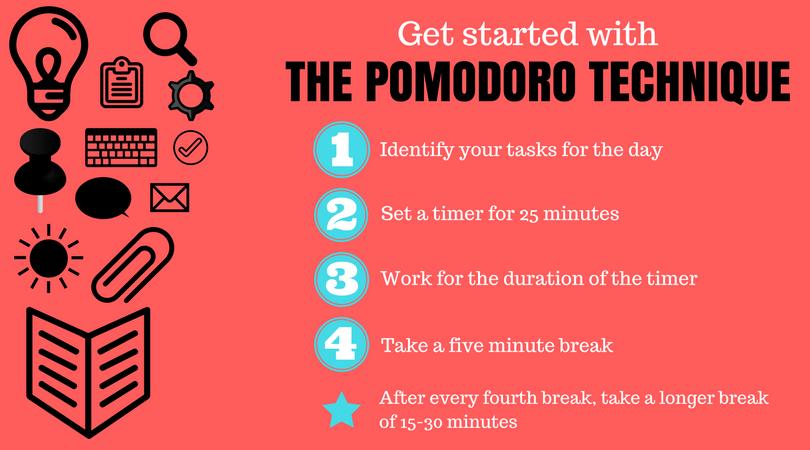Working from home has been a godsend to many people and a welcome change to everyday routine.
Instead of having to commute an untold number of hours to sit in a dusty, fluorescent-lit office, you can complete the exact same work while staying at home.
However, alongside all of the other necessary changes and adaptations needed to start working from home, there is still one thing that we all struggle with; actually getting some work done.
We all do it – don’t lie. There are just so many distractions and things to be done at home that make it way easier to put off work for a little bit.
While this better work and home life balance is definitely a plus of working from home, it would be good to at least get some work done.
So, to help you keep your job, here are some tips on how to actually work while working from home.
#1: Get Your Chores Done Early, Or Do Them During a Work Break
One of the biggest reasons why people find themselves walking away from their work is to tackle any one of the millions of different chores around the house.
While chores are normally reserved for after hours, when you work from, it is just so easy to step away from your desk and put a load of laundry in or give the room a quick tidy.
The trick to avoiding this is to make sure to get your chores done early. Before getting to your desk in the morning, give the house a quick whip-around with the hoover and clean it up before getting to work.
For those chores that have to be done throughout the day, like laundry, why not work them into regular work breaks? Take a 5-minute break every half an hour or so, and you will have plenty of time to do those few chores that help keep a house running.
#2: Set a timer – The Pomodoro Method Works Great!
Time management is itself a difficult skill to master, and working from home only makes it easier to struggle with getting everything done.
It is just so hard to maintain motivation for hours at a time when there are so many distractions available!
A great trick is to set a timer for both works and breaks to help provide structure to your day.
The Pomodoro technique is an excellent way to get started in time management; set a 25 minute timer and do nothing but work solidly for that time, all the way until the timer goes off.
Once the timer is done, set another timer for 5 minutes and take a break, not even looking at your work.
Repeat this 3 times and, after your fourth consecutive 25-minute work timer, take a longer break of about 20 or 30 minutes.
This ensures consistent breaks to recharge your brain, as well as setting clear expectations for yourself about what you want to achieve. It also has the added benefit of giving you something to look forward to at the end of every work increment!
#3: Have Clear Expectations With Your Supervisor About Workload

One of the trickiest aspects of working from home is the lack of expectations from your superiors about how much work you should be completed in a day.
At the office, there is this weird feeling of being constantly watched and checked upon, but at home, you are all on your own.
To avoid your boss randomly messaging you or opening up a spur of the moment, 20-minute Zoom call, try and set a clear expectation about exactly what and how much work you should be completed in a day.
Whether this is a target, sustainable metrics, or even just a word count, it is good to make it clear precisely what is expected of you. That way, it is a lot easier to feel satisfied with your work and your work ethic, as you have something to strive for each day.
Plus, it helps you to avoid distraction and stop yourself from overworking, especially if you know that you can reliably hit your daily word goal with a little bit of effort.
#4: Don’t Overwork Yourself
Overworking is a serious problem in the modern age and is something that a lot of offices actively try and force you to do on a regular basis.
Whether it is called "crunch time" or just "overtime," overworking yourself is fundamentally unhealthy and is only going to make your life harder. Plus, it will eventually lead to poorer quality work overtime as well.
Make sure that you aren't pushing yourself too hard and not trying to justify your work to yourself too hard. With clear expectations, understandable targets, and a good work routine, you can end your workday feeling satisfied with your work but not too overwhelmed by your efforts.
If you take care of yourself and prioritize your own health, giving yourself regular breaks along the way, you will suddenly find yourself actually getting work done on time and to a good standard without even realizing it.